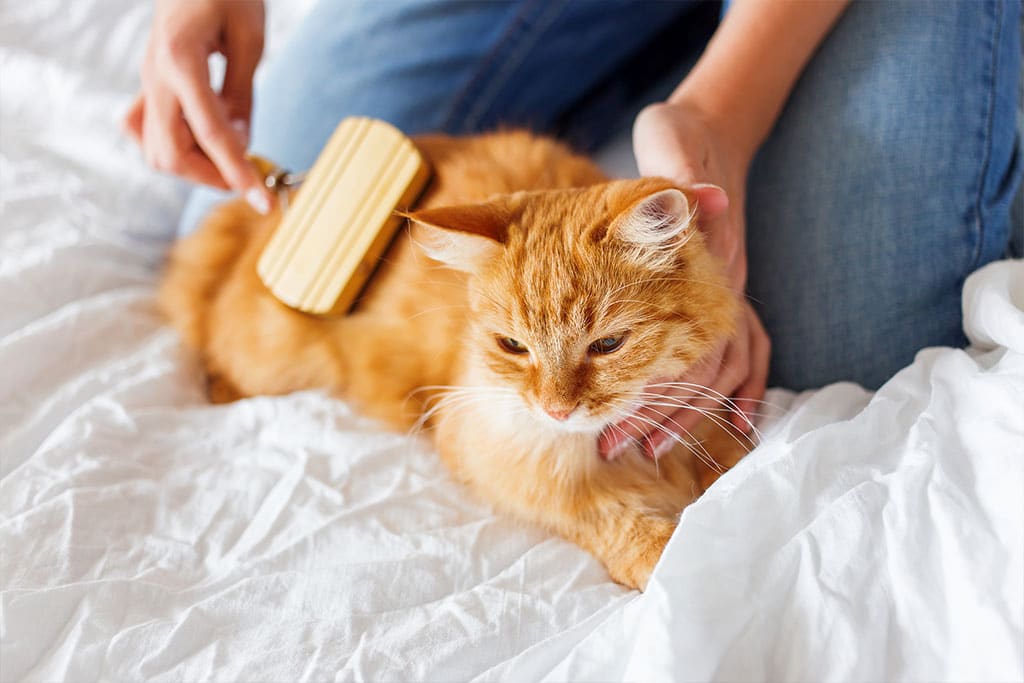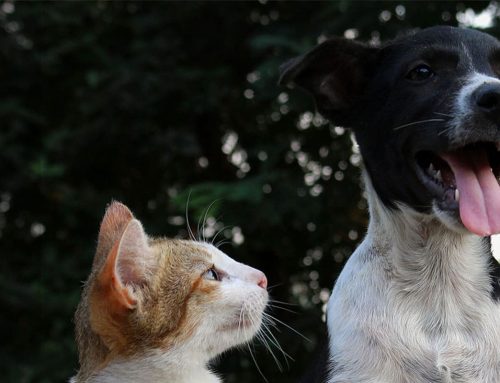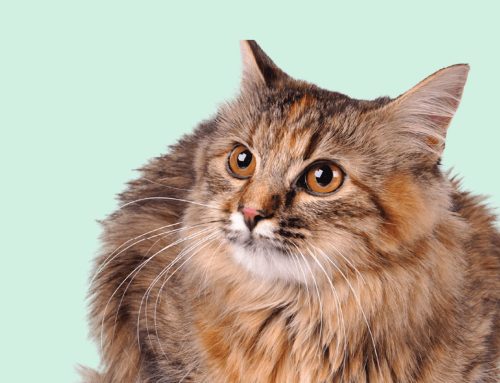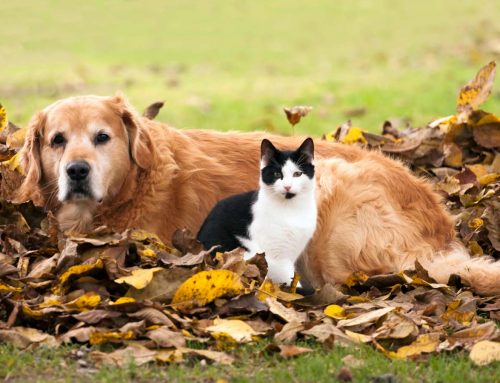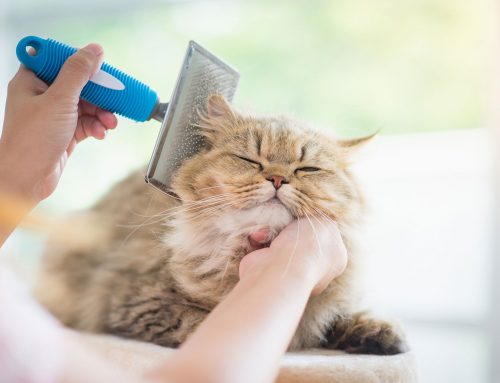WORMING
Worming should be carried out every 2 weeks until 12 weeks of age against roundworms and hookworms (eg Cancare), then once a month until 6 months of age, then 3-4 times a year with a broad-spectrum wormer that also controls tapeworms (eg Drontal).
VACCINATIONS
Usually carried out at 8-9 & 12 weeks of age, check dates on your vaccination certificate when boosters are due. This is a combination vaccine to protect your kitten against the diseases of Feline Enteritis (Panleucopaenia or cat parvovirus) and two upper respiratory viruses: Feline Viral Rhinotracheitis (a herpes virus) and Calicivirus. These viruses cause the syndrome commonly called cat flu. In young kittens, all of these 3 viruses are potentially fatal. The vaccine we use for kittens also protects against feline Chlamydia, which can cause severe conjunctivitis and some respiratory signs. A booster should be given annually throughout your cat’s life. A newer vaccine is now available to help protect your kitten against the nasty virus Feline Immunodeficiency Virus (FIV). This virus is similar to the human AIDs virus but is mainly spread by bite wounds and affects cats only. Cats or kittens require 3 doses of the FIV vaccine, one every 2-4 weeks. This can be given at the same time as the combination vaccine. We recommend that both vaccines are given to all kittens and cats that will spend time outside during their lifetime.
Isolate your kitten away from other unvaccinated or unknown cats. This helps to prevent exposure to these viruses before your kitten’s immune system has responded to the vaccinations.
NUTRITION
Any quality dry kitten food biscuits available from vet clinics or pet shops are ideal (ie. Hill’s Feline Growth, Iams Kitten, Advance Growth, Royal Canin or Nutrience). Check with breeder what your kitten has been eating. Remember to introduce any new foods gradually over a few days.
Kittens up until 12weeks should get 3-4 meals per day, 3 – 6 months 3 meals per day and cats older than 6 months should be fed twice daily. Cats can be fed ad-lib (free choice) with dry foods so long as they only fed a suitable total amount for the day – some cats will eat too much if given the chance!
Cat rolls contain relatively poorer quality ingredients and are often not “complete and balanced” with correct amounts or proportions of vitamins and minerals for growing kittens. Raw meat is not a balanced diet by itself.
Homemade diets are not recommended unless you have a very high level of knowledge of feline nutrition because this is often a cause of problems. It is vital that the diet is properly balanced and complete with the correct proportions of nutrients. Good quality foods such as those previously mentioned DO NOT need calcium supplementation (eg. Bonegrow).
Tinned foods are not necessary for kittens older than around 8 weeks. They contain mainly water (>75%) and often lead to large amounts of faeces being passed due to high levels of cereals. Soft tinned foods also lead more quickly to plaque, gingivitis and tartar build up on the teeth.
Take care with bones. Most bones are potentially dangerous, especially fish, chop and chicken leg bones. Chicken necks (and sometimes wings) can assist with teeth cleaning. Because of the risk of food poisoning these should be quickly boiled or microwaved to cook any meat on the bones, not to cook the bones. Even these bones can cause tummy upsets – vomiting / diarrhoea / constipation – so take care. There are some diets designed to specifically help to keep teeth clean – Hills Oral Care and Royal Canin Oral Care for example. These may not be totally suitable for young kittens though, check with the vet. Kittens lose their baby teeth and the adult teeth come through between 3 and 6 months. Plenty of fresh water should always be available. Greenies are a small hard treat which help to keep the teeth clean. A few each day are all that is necessary with these.
Cats do not require milk. Kittens can be given special kitten milk formulas, but it is not advisable to give cow’s milk as this can cause diarrhoea.
FLEA TREATMENT
If you live in the north half of the North Island then it is inevitable that your kitten will pick up fleas, especially if you have other pets (including dogs) and more so when your kitten is old enough to start going outside.
Now days there are a myriad of safe and effective spot type treatments available that kill fleas and/or their larvae and pupal stages. Frontline and Advantage are proven safe and effective flea killers. Revolution and Advocate are newer flea products that also control ear mites and round worms (but not tape worms). Flea collars, powders, rinses or shampoos are generally ineffective and in some cases are more toxic to the kitten than to the fleas!
PET INSURANCE
As illness and accidents are always possible, it is very worthwhile investing in pet insurance for your new companion. This can be invaluable as veterinary care can in some cases involve major expenses.
DESEXING
It is advisable for all cats to be de-sexed. There are far too many unwanted or stray cats around. It is not necessary for a cat to have a litter; it does not make them a better pet.
For females this is called speying and involves the surgical removal of the uterus and ovaries and means that she will not come into “season” and therefore be unable to reproduce. This is best-performed before 6 months of age. Male cats can be castrated at any age from around 3-4 months. Castrating helps prevents cats from breeding, therefore keeping the number of unwanted kittens down. It also helps to reduce the urge for cats to want to fight (although it won’t entirely prevent fighting).
MICROCHIPPING
This involves implanting a small transmitting device the size of a large grain of rice is under the skin with a large needle. This is a quick procedure which only takes a minute to perform. A form is completed which is sent to a New Zealand database which stores the microchip number of your kitten so if he/she is lost and found later then identification is possible.
MISCELLANEOUS
Please keep your young kitten indoors initially. Wait until after the 12-week vaccination before allowing the kitten outside. Supervise the kitten to start with as a little kitten often gets into a situation they can’t get out of by themselves (eg. climbing up a tree). Small kittens are also easy targets for older cats to attack.
GOOD LUCK & ENJOY!!!

